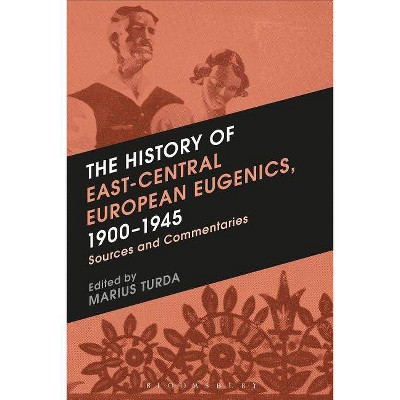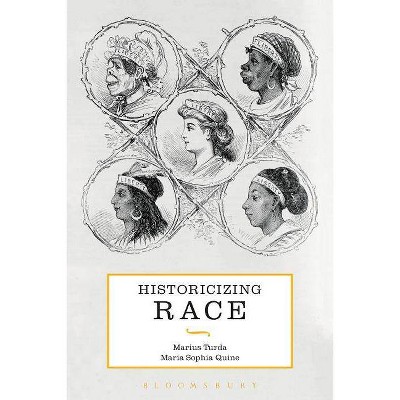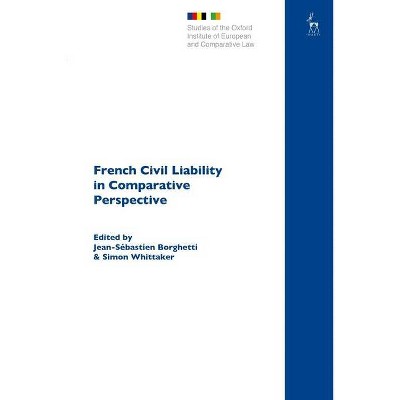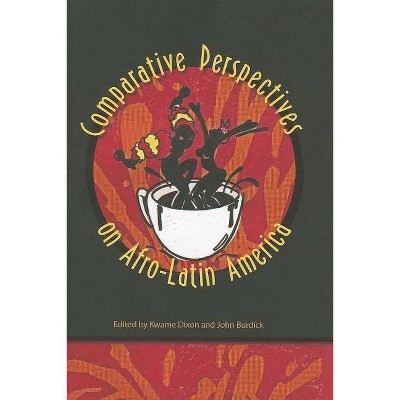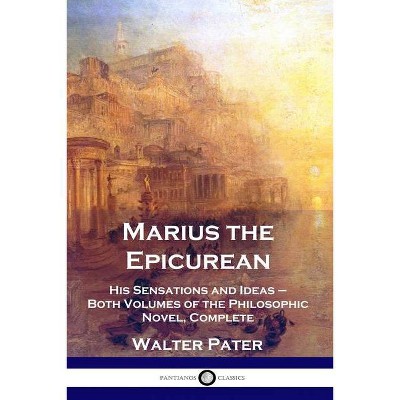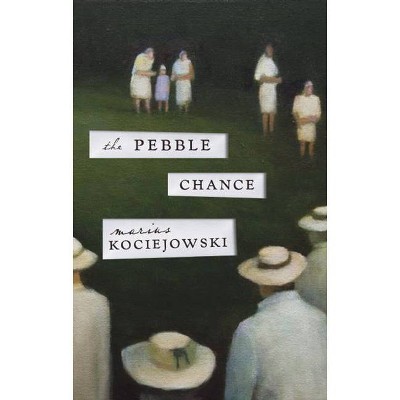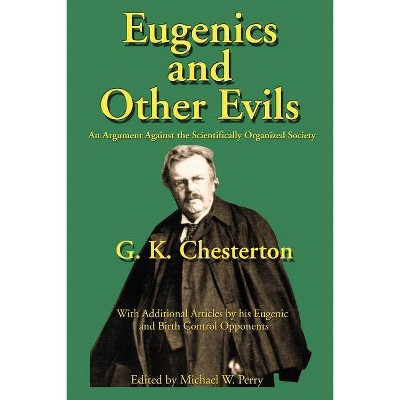Latin Eugenics in Comparative Perspective - by Marius Turda (Paperback)
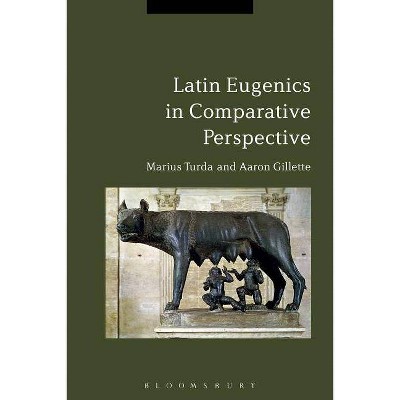
Similar Products
Products of same category from the store
AllProduct info
<p/><br></br><p><b> Book Synopsis </b></p></br></br>Latin eugenics was a scientific, cultural and political programme designed to biologically empower modern European and American nations once commonly described as 'Latin', sharing genealogical, linguistic, religious, and cultural origins.<br/><br/><i>Latin Eugenics in Comparative Perspective</i> offers a comparative, nuanced approach to eugenics as a scientific programme as well as a cultural and political phenomenon. It examines the commonalities of eugenics in 'Latin' Europe and Latin America. As a program to achieve the social and political goals of modern welfare systems, Latin eugenics strongly influenced the complex relationship of the state to the individual. Drawing on a wide range of primary and secondary sources in many languages, this book offers the first history of Latin eugenics in Europe and the Americas.<p/><br></br><p><b> Review Quotes </b></p></br></br><br>"This work systematizes some essential information on the origins of Latin eugenics during the turn of the twentieth century, helps us understand the development of the official goal of modernization in Latin American societies during the interwar period, and presents a suggestive idea for how to comprehend the persistence of eugenics and racism in Latin America after World War II." - Marcos Cueto, Casa de Oswaldo Cruz, Fiocruz, Brazil, <i>Hispanic American Historical Review</i><br><p/><br></br><p><b> About the Author </b></p></br></br><p><b>Marius Turda</b> is Reader in 20th Century Central and Eastern European Biomedicine in the Department of History at Oxford Brookes University, UK. <p/><b>Aaron Gillette</b> is an Associate Professor of Modern European History at the University of Houston-Downtown, USA.</p>
Price History
Price Archive shows prices from various stores, lets you see history and find the cheapest. There is no actual sale on the website. For all support, inquiry and suggestion messagescommunication@pricearchive.us
